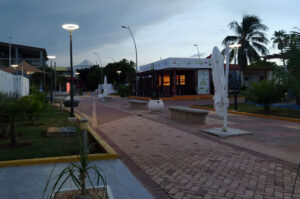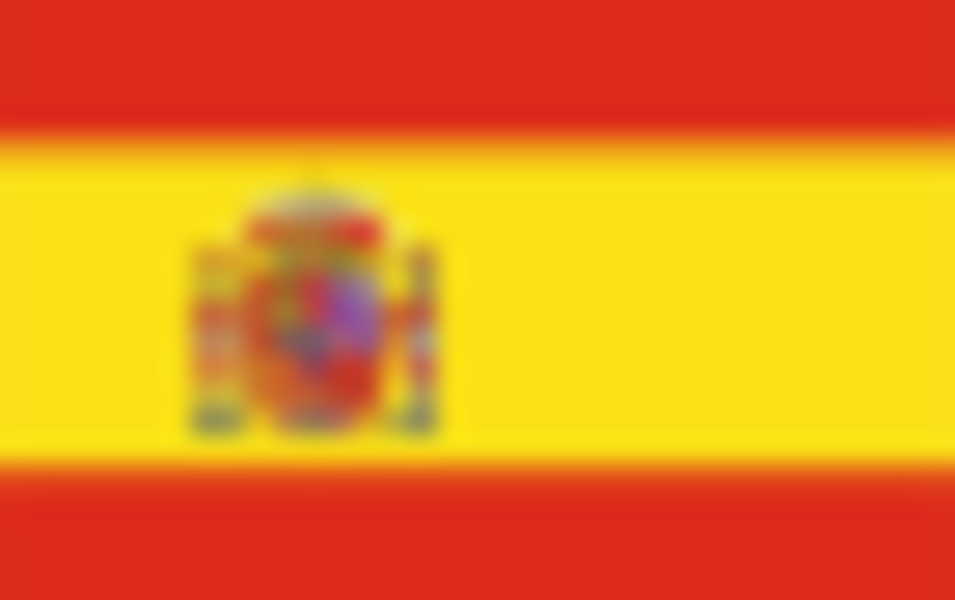HAVANA, Cuba. – It matters not that we Cubans have to sleep, wake up and fight until we bleed on a food line in order to try to buy food products in a country plagued with serious shortages, and where the salary of a highly qualified professional is still not enough to cover the cost of the basic food basket. While this happens, the XII Edition of the International Varadero Gourmet Festival has been celebrated at the well-known resort in Matanzas.
It doesn’t even matter that Varadero is deserted, its streets empty and dozens of hotels closed for lack of tourists, that gastronomic choices are hideous and where it is practically impossible to find a simple bottle of water, while the Cuban Ministry of Tourism, together with the Cubasol and Palmares companies, is partying –as if everything were going splendidly- and concentrating on banquets, wine tastings and conferences like the one that took place last Wednesday at the Plaza America Convention Center about the “pairing of sausages and beverages.”
That conference, as well as the whole event –organized, they say, to promote “healthy and sustainable cooking” that seeks to preserve “our customs, traditions and identity-related singularities”- would seem like a joke, but they are merely one more insult to the endurance –the “creative resistance” really- of millions of Cubans who, for many years, have been forced to give up the indispensable ingredients of native Cuban gastronomy, but also have been prevented from producing such ingredients, to trade them or to acquire them freely, even when the state enterprises that should be producing them are the universal paradigm of inaptitude.

One of the first questions one asks in the face of such pretentious “culinary event” is about the trustworthiness and credibility of the hosts, assuming that they embody cumulative prestige and experience to share, but it so happens that the Cuban regime, in addition to having shown for decades that it is unable to feed the people, is singlehandedly responsible for the loss of our main traditions, and not just the culinary ones.
Yet, who knows the reasons why, amidst the absurdity and while we, the people, are enduring hunger, the subject of “gourmet” cooking has become the obsession of the dictatorial elite of this island, when the objective should be to produce food for everyone.
The haute cuisine encounters sponsored by Lis Cuesta, Miguel Díaz-Canel’s wife, have not sufficed amidst the number of deaths the pandemic left behind, but also amidst the reports of mistreatment and bad nutrition that COVID-19 patients received in those infernal isolation centers, and even the hospitals, where scarce and terrible food for patients and medical personnel alike remain unresolved till today.
We can affirm today without fear of erring that more than 90% of Cubans who live in the island –including children, the elderly and pregnant women- are not able to meet their basic nutritional needs; that in many homes, to eat more than a single meal per day is a feat; that breakfast is no longer a reality, but a concept on the road to extinction.
As a human being, as a journalist, I would be embarrassed to speak uninhibitedly about “traditional cooking” when these days, the very word “food” can make any mother cry insanely in front of her stove for not having food with which to feed her children.

It’s been years since there’s been a shortage of pork in the people’s markets, the price continues to go up without signs of it ever stabilizing, to the point that, what 60 years ago was a humble dish at any Cuban’s table, today is a luxury item, as is all fish and seafood. It is a serious crime today for an individual to go fishing in Cuba; fishing is strictly controlled by the government, not to protect specific species –that’s the pretext they give to look good before public opinion- but to hoard all that is caught in order to serve it to foreign tourists, for export, and for the dinner tables of the main rulers of the Communist Party.
As with pork, the same has happened with bitter oranges and garlic, indispensable components of the famous “mojo criollo” –the garlic marinade- and with all fruits and vegetables (like plantains, corn, cocoyam and cassava) which always featured in our most authentic dishes.
With the exception of a couple of hotels and private gastronomic establishments, today one cannot even enjoy dishes from traditional Cuban cooking in Varadero.
It calls one’s attention that among the conveners of the “gourmet” event was Empresa Extrahotelera Palmares, when Palmares, in the opinion of officials of the Ministry of Tourism and of Varadero residents, interviewed by CubaNet, that entity has been the principal cause of the poor quality of services in state establishments, to the point that putting those services in the hands of private initiatives (under a leasing system) is being considered. That proposal is opposed by many in the government who want to continue opting for the so-called “socialist state enterprise’, the hub of corruption and pain supplier of the black market.

An example of bad service and worse gastronomy are the establishments located in the recently-inaugurated Varadero Boulevard, where everything seems to indicate that more money was spent on decoration them than in providing supplies. What they offer is so poor in quality that it translates into desertedness. Everything is very pretty, a fantasy, but so boring it can drive one to suicide.
Notwithstanding, these days Varadero has its Gourmet Festival and that when whispered in one’s ear or seen in news “from abroad” doesn’t look like what it really is: a media fraude that makes Cuba sound like a great tourist destination, with much to offer, when the crude Cuban reality is actually very sad and difficult. Cuba would have plenty to offer were it not for the drove of incompetent leaders that has reduced the country to ruins in the span of half a century.
ARTÍCULO DE OPINIÓN
Las opiniones expresadas en este artículo son de exclusiva responsabilidad de quien las emite y no necesariamente representan la opinión de CubaNet.
Recibe la información de CubaNet en tu celular a través de WhatsApp. Envíanos un mensaje con la palabra “CUBA” al teléfono +1 (786) 316-2072, también puedes suscribirte a nuestro boletín electrónico dando click aquí.
Fuente Cubanet.org




 Argentina
Argentina USA
USA Paraguay
Paraguay España
España Israel
Israel
















